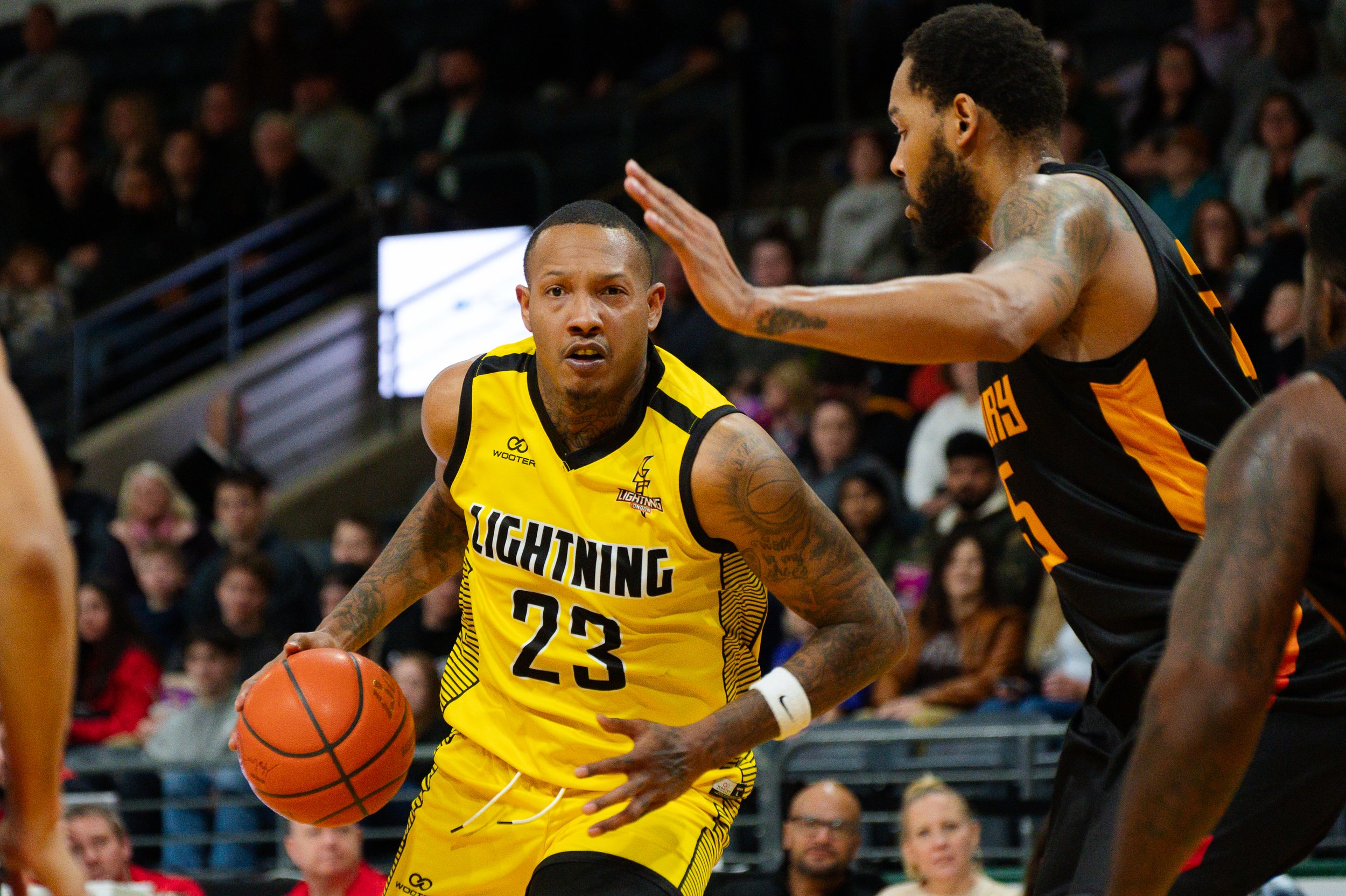Rowbust dragonboat crew has made waves around the world
For more than two decades, London’s all-breast cancer survivor crew has paved the way for acceptance — and excellence — at the highest levels of the sport.
(Photo courtesy Rowbust).
* * *
They don’t do pink – so don’t even ask.
“Our team has always been a little bit special; we’ve always had a competitive edge,” said Linda Kuska, Rowbust dragon boat team founding member and team captain. “We’re not really a pink kinda team. Our uniforms are red and black. We didn’t want to be categorized. We are athletes. Yes, we’re all breast cancer survivors, but we’ve survived that. Now, we want to go be fit, be strong, be competitive.”
Over the last two decades, Rowbust has been more than competitive, as the all-breast cancer survivor crew has evolved into champions on and off the water – pushing for greater opportunities to compete and expanded participation around the world, all while winning a few world titles along the way.
* * *
How exactly did this happen? It’s a reasonable question when first confronted with the idea of bringing together cancer survivors and a 2,000-year-old aquatic competition.
Turns out, it’s quite the Canadian story.
In 1995, Canadian sports medicine specialist Don McKenzie of the University of British Columbia developed a research study to challenge the prevailing view that engaging in physical activity would result in lymphedema for breast cancer survivors (tissue swelling due to build-up of lymph fluid in the body). Twenty-four women enrolled in his initial six-month dragon boat paddling program – known as ‘Abreast In A Boat.’
Ultimately, the study proved that physical exercise was not a detriment to survivors, and instead was highly beneficial for the women, as none developed lymphedema following the program. Regular physical activity is now considered a standard of care for cancer survivors.
Almost instantly, that small research project in Vancouver morphed into a global movement.
Today, the International Breast Cancer Paddlers’ Commission (IBCPC) membership includes 290 teams from more than 35 countries, including 57 teams in Canada alone, from Abreast of Life on Central Vancouver Island, BC, to Avalon Dragons, in St John’s, Nfld.
Dr. Annette Richard, a family physician in London, stumbled onto McKenzie’s research while flipping through the magazine visiting the West Coast. She brought a dragon boat team to the Forest City.
In February 2000, Rowbust officially became a team with 25 members – and Kuska has been there since Day 1.
“I had no idea what I was signing up for,” she said with a laugh.
Diagnosed with breast cancer in 1999, Kuska was just finishing her treatments when she read about the local team taking to the water. Always active, but never what she would describe as an athlete, she was a busy mom of two young kids who worked full-time night shifts as a nurse with London Health Sciences Centre. But this group had an appeal.
“I never really thought of myself as a breast cancer survivor before I read that article. But I guess I am now, and so I should join.”
* * *
Two decades later, Rowbust currently boasts 75 members ranging in age from 30-79 years old. Of the original 25 members, three still remain with the team.
It is hard to count the number of lives impacted by the crew over the course of 22 years.
The team gets referrals for members from local medical professionals – many suggesting women join the team at the most vulnerable point in their lives. There have been dozens and dozens of members over the years. People come aboard. Some go all out. Some drop off. Some get re-diagnosed and their team helps them through their further treatments. Some have passed away.
“It can be hard at times. But it’s a family,” Kuska said. “Most people have found that. This is good for your mental health, it keeps you fit, it brings you together with people who understand what you’ve been through. It’s not like we talk about breast cancer that much. But, you know, if you have a problem, you have sisters who you can talk to and who will be there to support you.”
The team is active and visible in the community, sponsoring two annual fundraising events: the Rowbust Golf Tournament and Silent/Live Auction held every May at Highland Golf and Country Club, and the Fanshawe Dragon Boat Festival in June.
(Photo courtesy Rowbust).
Teammates and their families also socialize off the water, which leads to tight bonds among the members.
“We see both sides of breast cancer dragon boating,” Kuska explained. “We like to compete, to be pushed, to train, to win, but we also see that we need to support those who just want to be out there, get fit, and be with others after a diagnosis of breast cancer.”
At almost 60, Kuska feels in better shape now than when she first started paddling in her 30s. It is a life she never expected, but one she credits Rowbust with helping create.
“These are lifelong friendship that we never would have had if not for breast cancer,” she said. “Yes, I have had breast cancer, but it is probably one of the best things to happen to me.”
* * *
Here’s the easiest way to think about the team and their talent: They are the New York Yankees. When they roll into a festival, records scratch to a stop. Eyes rolls. Panic sets in.
“Sometimes, teams don’t like us being entered – sometimes they don’t feel they have a chance against us,” Kuska said.
Over the years, Rowbust has become an international force in the sport. They have won the Canadian National Championship in the Breast Cancer Survivor Division nine times, as well as taken home top honours in the biannual Club Crew World Championship in 2014 (Italy), 2016 (Australia), and 2018 (Hungary).
With pandemic disruptions, cancelations and postponements behind them, the team next plans to travel to New Zealand for the International Participatory Festival in April 2023.
Did we mention this is a team that likes to compete – and win?
“Yes, there are some of us who are a little bit more competitive than others,” Kuska said. “But there are some that just want to come out on the water, get some exercise, be with like-minded people. It’s perfect – we can have those races for people who are hyper-competitive, and we can have those races for people who want to come out, paddle, and be part of something.”
Working with coaches Cheryl McLachlan and Sarah Shellard, the team trains year-round – six months of on-water rowing at the Fanshawe Yacht Club, where they practice three days per week, and six months on-land in the gym. Over the winter, there is also an indoor tank in Welland, Ont., that sustains them until they can take to the water again in the spring.
Currently, the team is searching for a new home to train after the sudden closing of Movati Athletic locations in London in August. Movati had been the team’s sponsor for more than two decades, providing paddling members with free, six-month memberships and a personal group instructor.
“It’s not a fit for everybody. But once they get out on that boat – no matter how terrible the day – everything goes away. So many get hooked that first time.”
(Photo courtesy Rowbust).
* * *
Let’s talk about the name a second – it’s amazing, right? In a sea (or a lake, as the case may be) of punny crew names, Rowbust is solid, if not entirely accurate.
Initially, the team was simply going to be ‘Robust’, but somewhere between the idea and the printers, a ‘w’ slid into the mix. It stuck, and Rowbust became the name they carry to this day – even through it irks Kuska just a bit.
“People think we’re rowers when they hear that. We’re not rowers. We’re paddlers,” she said. “But it’s a good pun. We’re not the pink team. We’re not paddlers. We’re constantly causing trouble.”
That “trouble” Kuska speaks of is largely because acceptance has not come without a few fights.
A breast cancer survivor division never existed in national or international competition until Rowbust started to push. And push. And push.
In 2010, the team approached Dragon Boat Canada, the sport’s national governing body, and secured a division at the national level. Rowbust sent two crews to the competition that year – they were the only two crews.
In 2014, the Club Crew World Championship added a breast cancer survivor division after years of Rowbust members hounding the International Dragon Boat Federation (IDBF). Seventeen teams from around the world participated in that first event.
At both the national and international level, the division has blossomed in popularity – all thanks to a pushy bunch in Southwestern Ontario.
“Rowbust is the pushiest. We are a force to be reckoned with,” Kuska said. “We’ve always been out there asking ‘why?’, ‘why not?’, ‘why can’t we do this?’, ‘why shouldn’t we do this?’ any time we run up against a barrier.”
Looking ahead, Rowbust is not only focused on its growth and long-term sustainability (as well as a few more world championships), but they continue to grow the sport around the world. Kuska takes pride in helping countries begin their own crews (most recently in the Bahamas).
It’s an expectation that comes with the crew’s prominence in the world.
“We’re an older team, an experienced team. We should be out there mentoring other teams to get them up and going. How do you raise money? Get sponsors? Prepare for festivals? Recruit? Teams struggle with that. We struggled with that at first. But we are through our growing pains. Rowbust is a world-class team; we should be there to help others. That’s always our mission.”














Knight Watch: London squares off against No. 8 seed Owen Sound — and star goalie Carter George — in Round 1 of OHL playoffs; Columnist Jake Jeffrey previews the matchup — and has predictions for each OHL series …